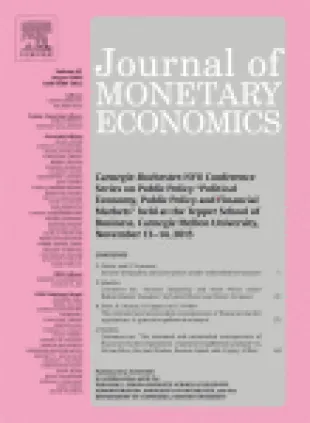
The intended and unintended consequences of financial-market regulations: A general-equilibrium analysis
Journal of Monetary Economics, Volume 81, August 2016, Pages 25-43
In a production economy with trade in financial markets motivated by the desire to share labor-income risk and to speculate, we show that speculation increases volatility of asset returns and investment growth, increases the equity risk premium, and reduces welfare. Reg...
Author(s)
Adrian Buss, Bernard Dumas, Raman Uppal, Grigory Vilkov